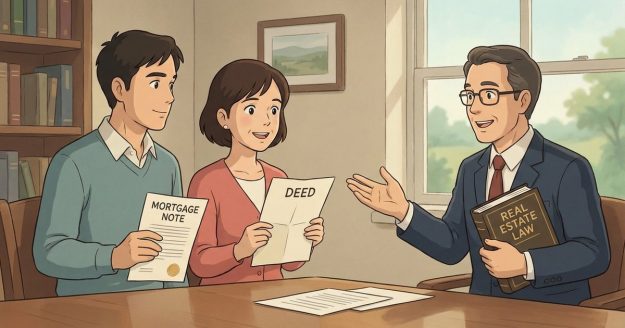How do I formally document the buyer’s failure to perform so I can terminate the deal without getting sued? nc
How do I formally document the buyer’s failure to perform so I can terminate the deal without getting sued? – North Carolina Short Answer In North Carolina, the safest way to document a buyer’s failure to perform is to follow the contract’s default-and-termination steps in writing: identify the missed obligations, give any required notice and…











